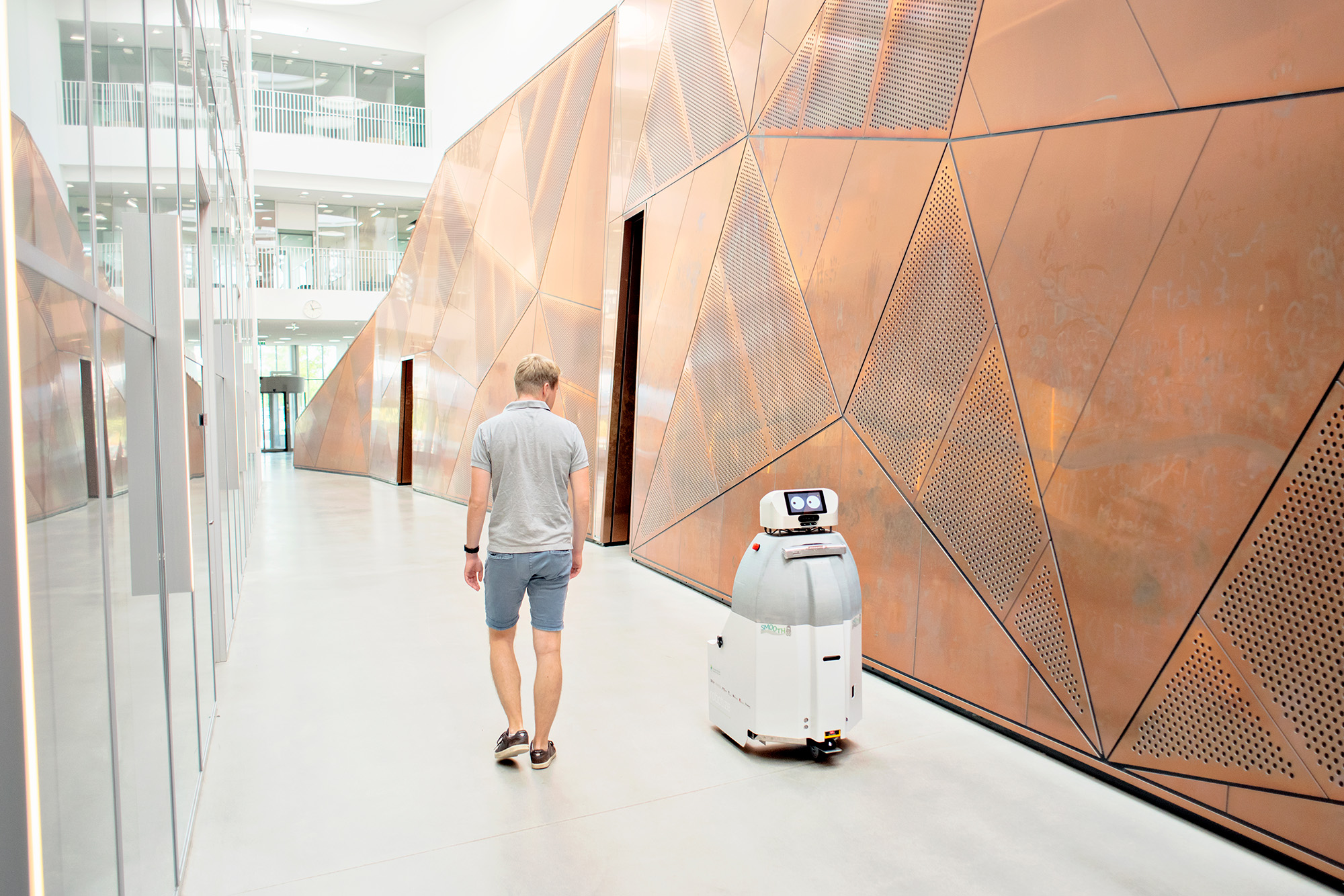Digitalization, Automation, AI and the Future Sustainable Work Environment

About this course
Digitalization and automation have contributed to many major changes and improvements in working life and society at large. However, digital systems used in most organizations sometimes show both limitations and severe problems and are simply not good enough. This results in inefficient work, safety risks, stress, and potential health problems. In the future, this situation will accelerate with the introduction of AI and robot systems. But better knowledge, development processes, and changed leadership can improve the situation. Only then the full potential of digital technology can be utilized at the same time as work will be efficient, healthy and sustainable.
This online course will offer a series of lectures, discussions, and a small individual project. The participants are encouraged to use material and experiences from their organizations.
Two part course
The online course consists of two parts: a two-day session on the 3rd – 4th of May 2023 and another two-day session on the 31st of May – 1st of June 2023.
The course can be recommended as a PhD-course with 5 ECTS credits. For more information kindly contact Project Manager Linda Oksanen, linda.oksanen@niva.org.
Price information
The price of the course is EUR 225 and will be invoiced after the registration deadline.
It is possible to pay the course by invoice or credit card.
Course objectives
After the course the participants will:
- Account for challenges and problems arising with developing and deploying digital systems, automation, AI, and robot systems.
- Describe different user-centred design methods for dealing with the problems mentioned above.
- Describe how AI and automation are used and its effects in different sectors of work life such as health care, train traffic control, and industry.
- Account for state of the art related to research and practice on digitalization, automation, AI, and healthy work.
- Describe work environment problems emerging in a context where digitalization, automation, AI, and robots are used
- Account for design, deployment, and evaluation methods of digital systems with a work environment perspective.
- Be prepared to participate in development of digital systems with a focus on efficiency and sustainability.
Main topics
- Facts about the digital work environment, occupational health, and safety
- Digital work environment, problems, and possibilities
- Stress, health, and sustainable work
- AI and robotics – how will new technologies impact the work environment?
- Digitalization as organizational change and development
- Digitalization – Development processes and change leadership
- Usability and user-centred design methods
- Design and evaluation of digital systems – a work environment perspective
- Automation, safety, and resilience
- How to do it in practice, responsibilities, and methods
- Examples – good and bad – of digitalization in different sectors of work life
- An individual mini-project. The participants are requested to perform a smaller project related to digitalization and the work environment in their organizations. The project will be reported and commented by the course leaders and participants.
Target group
The course targets people interested in digitalization, work environment and working conditions. This involves researchers and Ph.D. students in occupational health, organizational psychology, public health, or other research disciplines related to the work environment and its association with health and safety.
The course will also be targeted towards people outside academia, who are engaged in developing digital systems in work life, people who work in digitalized environments, or are responsible for occupational health and safety within organizations. This includes, e.g., HR professionals, IT developers, managers in organizations, and professionals working with digital systems. A special focus will be on future work environments where AI and automatic systems will be used.
Subject background
Today digital systems are used in most work and organizations. Many systems show severe problems with usability, efficiency, safety, and acceptance. Development and deployment processes, as well as responsibilities and change leadership, also often show deficiencies. This results in inefficient work, safety risks, stress, and potential health problems. Digitalization is very much a question of the work environment. In the future, this situation will accelerate with the introduction of AI and robot systems. Better knowledge, development processes, and leadership can improve the situation. Only then the full potential of new digital technology can be utilized.
A recent report from the Swedish Agency for Work Environment Expertise (Mynak) will, together with other reports and documents, be used as a basis for the course: Mapping and Analysis of AI, robots and the work environment (Report 2022:1). This report will be available in English.
General course fee and cancellation information
The courses and workshops vary in price. The course fee is invoiced after the registration deadline.
Cancellation policy
Cancellations received by April, 19th 2023: full refund
Cancellations received by April, 19th 2023 or later: no refund
NIVA will issue an invoice or send information on how to pay the course with credit card (depending on the option chosen in the registration form) after the registration deadline.
The price is subject to minor changes.
Contact persons
Course leader
Bengt Sandblad
Professor emeritus in Human-Computer Interaction
Department of Information Technology, Uppsala University, Sweden
email: bengt.sandblad@it.uu.se
In practical matters, please contact:
Linda Oksanen
Project Manager and Communications Advisor
NIVA
email: linda.oksanen@niva.org










